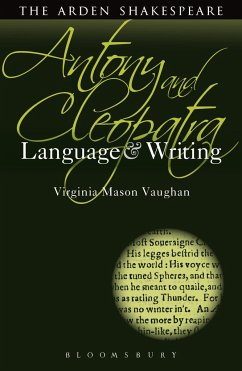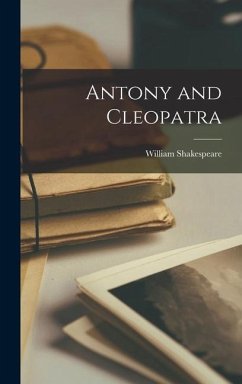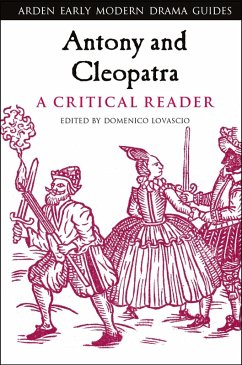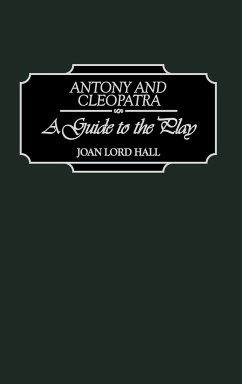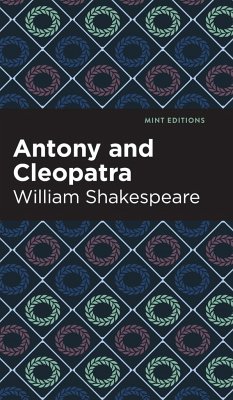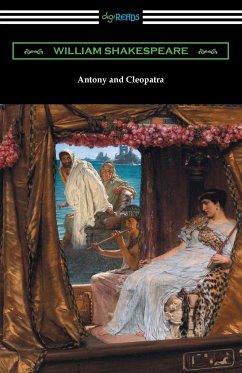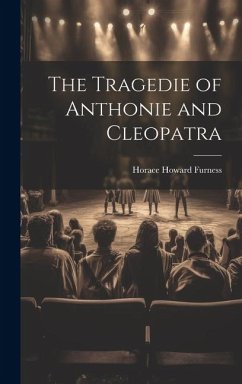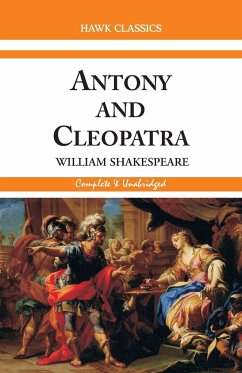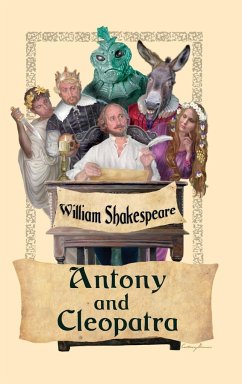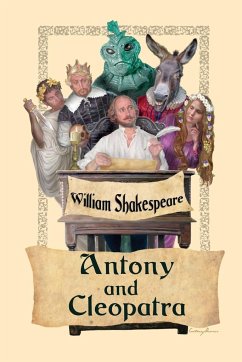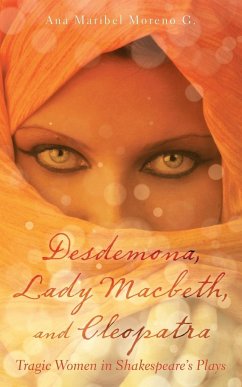
Desdemona, Lady Macbeth, and Cleopatra
Tragic Women in Shakespeare's Plays
Versandkostenfrei!
Versandfertig in 1-2 Wochen
13,99 €
inkl. MwSt.

PAYBACK Punkte
7 °P sammeln!
In 1616, William Shakespeare shuffled loose the mortal coil. In honor of his death four centuries ago, Ana Maribel de Moncada, Panamanian, professor of English at Panama's Universidad Especializada de la Américas (UDELAS) created Desdemona, Lady Macbeth, and Cleopatra: Tragic Women in Shakespeare's Plays, a literary analysis of three of Shakespeare's most compelling, complicated, and cherished characters. Using information and insight gleaned from the works of her peers and other Shakespearean experts, Ana Maribel's scholarly analysis of the importance of these three women as characters drew ...
In 1616, William Shakespeare shuffled loose the mortal coil. In honor of his death four centuries ago, Ana Maribel de Moncada, Panamanian, professor of English at Panama's Universidad Especializada de la Américas (UDELAS) created Desdemona, Lady Macbeth, and Cleopatra: Tragic Women in Shakespeare's Plays, a literary analysis of three of Shakespeare's most compelling, complicated, and cherished characters. Using information and insight gleaned from the works of her peers and other Shakespearean experts, Ana Maribel's scholarly analysis of the importance of these three women as characters drew heavily upon the foundational works in which they appeared. The stories of Desdemona, the doomed wife of Othello; Lady Macbeth, the scheming queen from Macbeth; and Cleopatra, the all-powerful but ultimately tragic queen caught between love, rivalry, and ambition in Antony and Cleopatra are well documented through movies, novels, plays, operas, television, songs, and more. To entice students and educators alike, Ana Maribel designed her work to inspire both scholarly and casual reflection, analysis, and discussion of the works of the most well-known and respected English-language playwright. From the richness of the original plays, the author harvested the extensive detail and profound imagery found in Shakespearean text. To best honor Shakespeare four hundred years after his death, Ana Maribel sought to inspire a global celebration and discussion of his work and its impact on language, theatre, and literature in all segments of human society.





